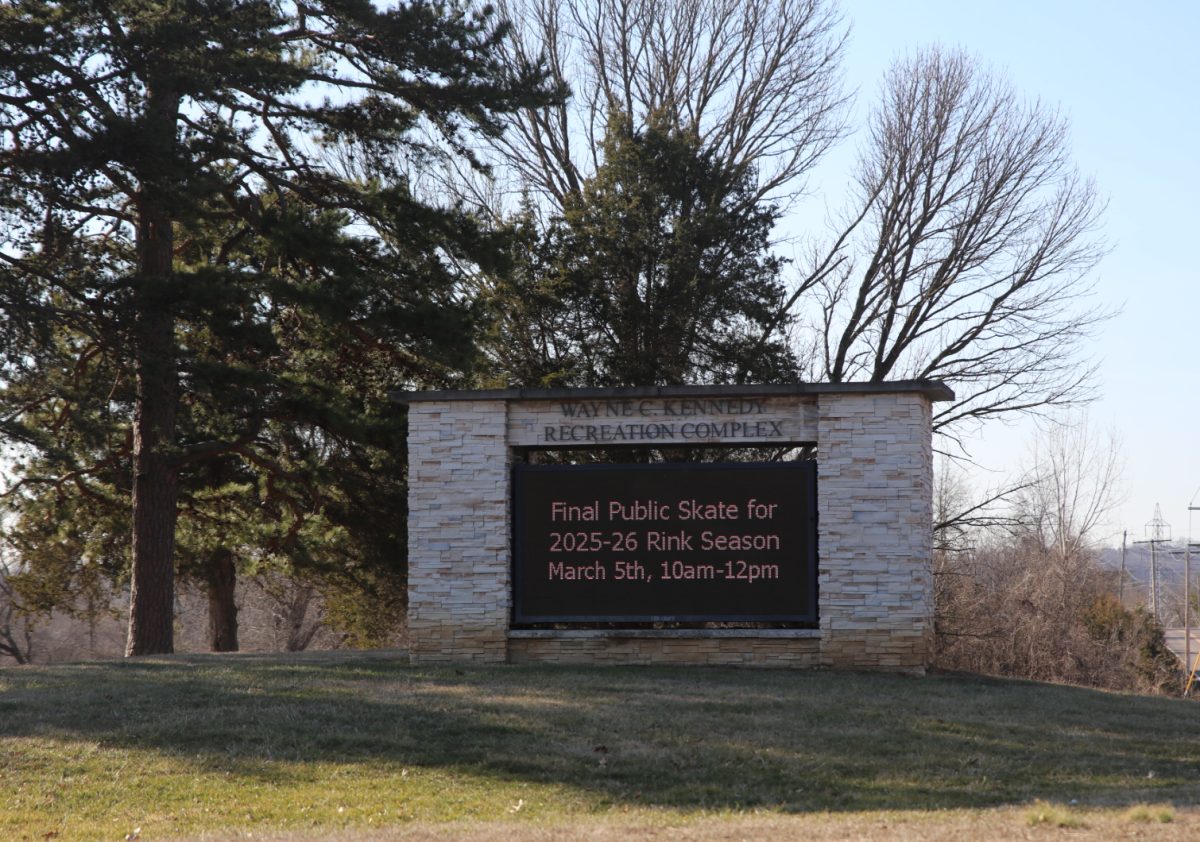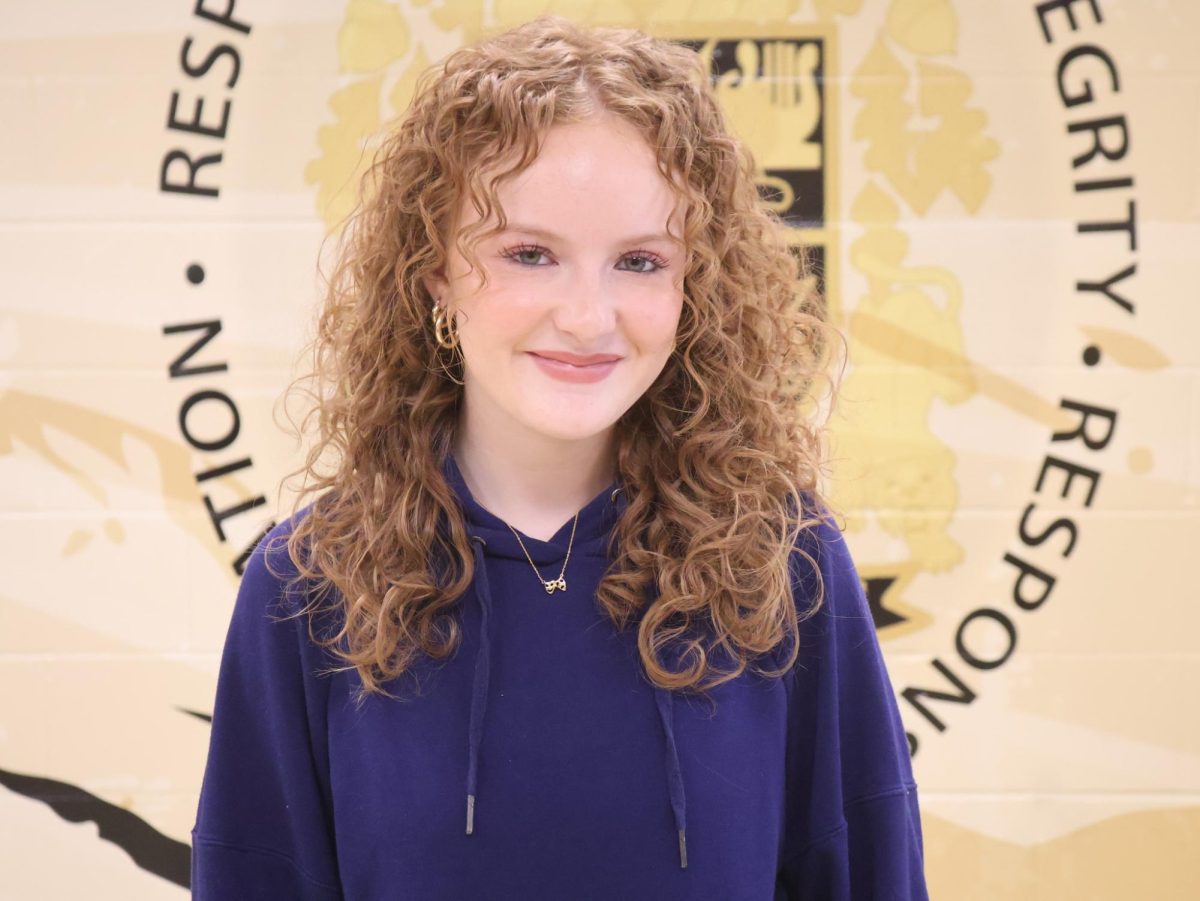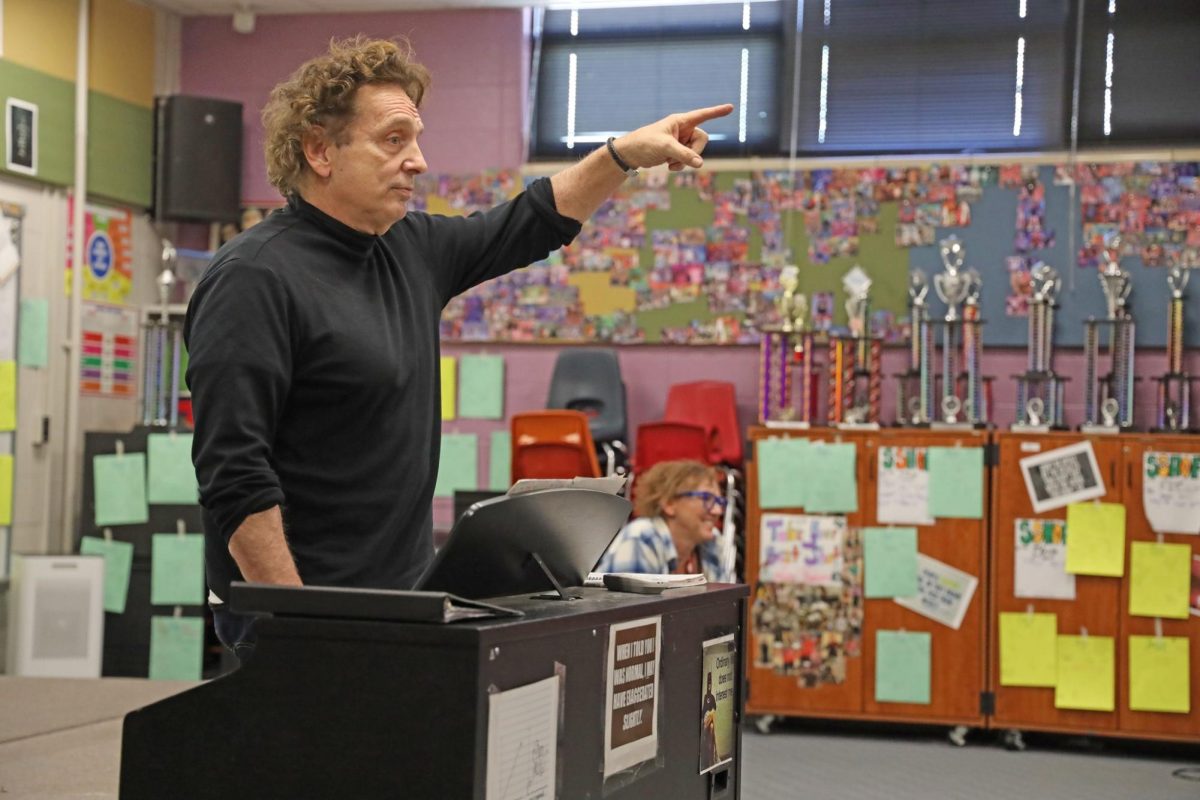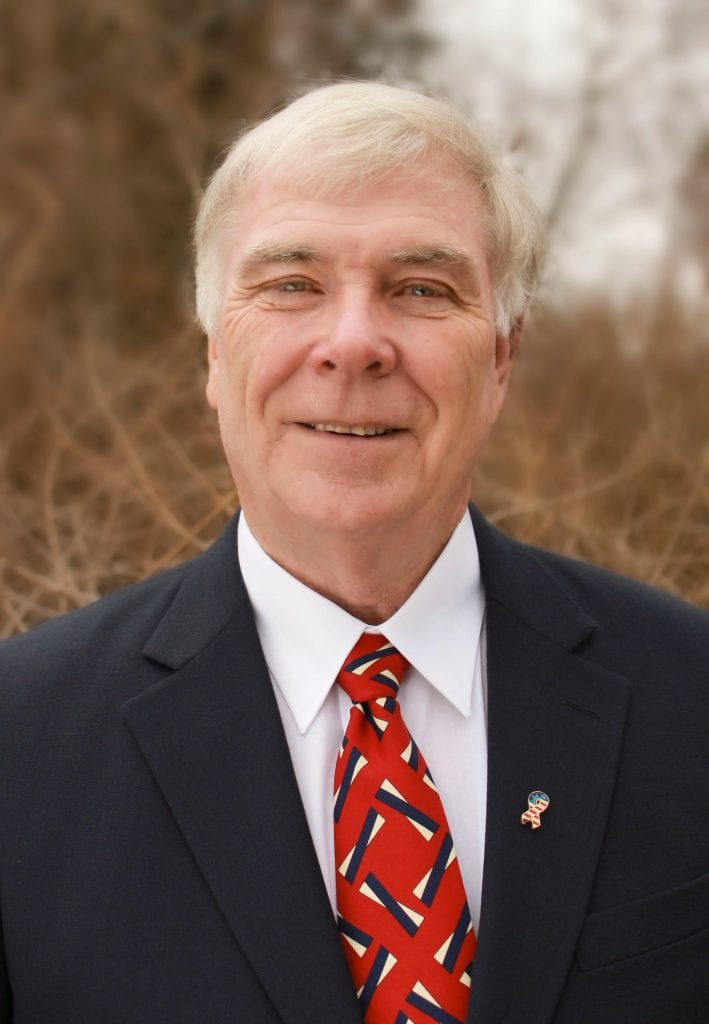Charged with developing new ideas of bringing money into Crestwood, the city’s Revenue Committee last week began suggesting solutions.
Crestwood aldermen in November decided to appoint residents to a Revenue Committee as a way of enhancing revenue to a city that will be forced to use cash reserves to balance its finances in 2009.
The committee is comprised of six members, each appointed by an alderman, and is chaired by Board of Aldermen President Chris Pickel of Ward 2.
Ward 1 Alderman Carol McGee appointed Laurie Wallach, Ward 2 Alderman Michael Kelsch appointed George Krumm, Pickel appointed former Ward 2 Alderman Steve Knarr, Ward 3 Alderman Gregg Roby appointed Marilee Sauer, Ward 3 Alderman Jerry Miguel appointed Frank Spinner and Ward 4 Alderman John Foote appointed Stephen Bilderbach.
Ward 1 Alderman Richard Bland and Ward 4 Alderman Steve Nieder have not appointed a citizen to serve on the committee.
Aldermen in December approved a 2009 budget authorizing the use of more than $600,000 in reserves to balance it. The city had an estimated $3.4 million in reserves across all three of its major funds as of Jan. 1. The scheduled April 1 closing of Macy’s at Crestwood Court has further tightened city coffers and forced aldermen to study new cuts.
City Administrator Jim Eckrich has recommended that aldermen cut $237,900 from the city’s 2009 budgeted expenses of roughly $13.7 million.
Eckrich estimates that the April 1 closing of Macy’s will result in a 2009 revenue loss of $181,000. But in 2010, city officials believe the Macy’s closing will result in an estimated $350,000 loss of revenue from sales taxes and license fees.
Additionally, aldermen will in the near future consider options to save cash reserves in the city’s park and stormwater fund, which Eckrich has said would be “essentially depleted” by the end of 2009 if aldermen take no action.
“The city can function in 2009,” Eckrich said. “With the corrective action we’re taking regarding Aquatic Center debt, we’ll be able to function in 2010. But the long-term prognosis isn’t good.”
But while city officials and aldermen will focus on ways to reduce and redirect expenditures, Pickel said the Revenue Committee’s task is to “brainstorm” ideas of enhancing revenue.
“The board in looking at the revenues just determined that it’s almost indisputable that revenues are decreasing,” he said. “… In both the short term and the longer term, the board established this committee as a way to take a look at ideas to generate revenue.
“Now admittedly, we probably won’t come up with ideas to replace the $350,000 we’re going to lose from Macy’s beginning next year. But I think the consensus is that any and every little bit of revenue helps. So if there are ideas out there that we haven’t considered or we’ve considered in the past and not acted on, maybe this is the opportunity to put those back on the table.”
Pickel emphasized that the Revenue Committee is strictly advisory and that its ideas would be recommended to aldermen, who could then act on them.
Among ideas discussed at last week’s meeting of the Revenue Committee were raising Aquatic Center fees, collecting a pet tax, implementing red-light cameras, opening a dog park in which dog owners would pay a use fee, persuading Crestwood Court owners to schedule an outdoor festival and developing a way for citizens to contribute money to the city.
Additionally, Pickel is optimistic that a new art-space center at Crestwood Court would bring more shoppers to the mall.
“There’s a lot of buzz about this art space that’s coming into the mall,” he said. “Admittedly, that is kind of a short-gap, short-term solution. Although, I think given the response, when the developer has plans for the mall, they may try to incorporate that on a more permanent basis. I think it’s going to be interesting to see in the next few months if it really takes off and organizations start moving in and they offer live theater there, what that’s going to do in terms of attracting traffic to Crestwood. I do think it’s going to bring people in. That can only help the remaining stores at the mall.”
Sauer suggested modeling a tax extension similar to recently successful bond issues in the Lindbergh School District.
“I kind of want to take a page out of Lindbergh’s playbook,” Sauer said. “What they like to do is they say one tax is going to expire and then say: ‘Well, this is a no-tax-increase tax increase.’… When does Prop S revenue stop? … 2013. I’m just wondering if we can do some planning and have these no-tax-increase tax increases. It’s a continuation of the tax … We could just look at really planning that out and copy how Lindbergh does it because they get these passed. People don’t like a tax increase. But this is not really going to change anything. Maybe it’s a little easier to swallow for people …
“I think part of the reason (Proposition 1) failed (in August) is because nobody knew what it was for. It didn’t have anything attached to it … We could put something together and say: ‘This is what it’s going to be used for, this is what it’s going to cost,’ and continue that tax.”








